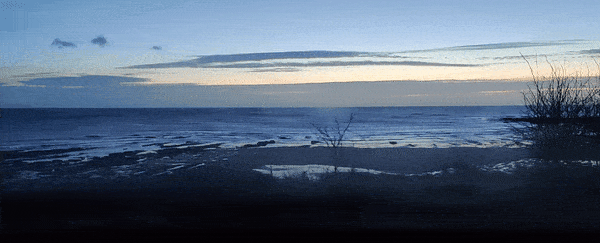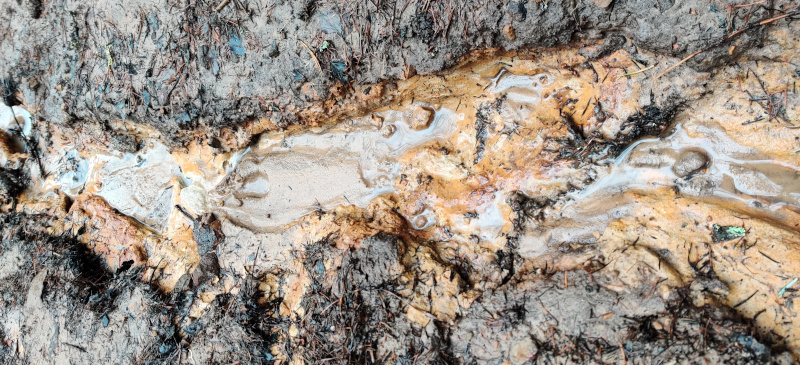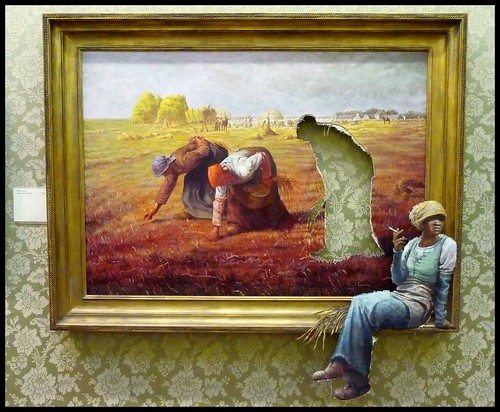Weeknote 08/2021

I am now, it would appear, the kind of person who lies in bed on a Saturday morning, laptop resting against raised knees, while the rest of the family get ready.
The announcement this week that the UK is slowly coming out of lockdown is welcome news, although I’m a bit apprehensive about the gap between the kids going back to school the week after next, and the time when my wife and I get vaccincated. The good news is that both my parents and sister have had their first dose.
This has been a busy week. At the moment, I only track the paid hours of work I do; this week there were 29.25 of those. Overall, I’d estimate that about 25% of my time is unremunerated (catch-up calls with contacts, sorting out my home office, etc.) so this was probably a 40-hour week.
That sounds pretty standard, until you factor in a pandemic, all of my work being on-screen, and the fact that I am pretty much incapable of working at anything less than 90% effort. I’ve also given up refined sugar for Lent, which has had a surprising impact on my energy levels.
I’m not complaining, as given the number of people out of work and/or struggling at the moment, it’s good to be able to provide for my family. But I would dearly love to get away somewhere other than the four walls of my home office. Despite being painted what I usually describe as ‘mental health green’ they feel like they’re closing in on me.
My work this week has been across the two Catalyst-funded projects in which I’m involved, some business development, and an ‘expert’ interview with a company wanting some input on an initiative they’ve got around digital. I had to sign an NDA around the latter.
The Catalyst project I’m project managing, Sector Challenge 9: Claiming Universal Credit remotely is coming together. The digital team we assembled put together is working on the four prototypes referenced in this overview slide deck:
- Visualisation of steps — service map showing overview of application process (including government departments and agencies). Vertical format for interactive navigation on mobile device.
- Check list — interactive check-box list of documents and other resources required to fill in UC form. Includes examples, and ‘ticks’ persist across browser sessions (on same device).
- In-context help — TBC in next week’s workshop session with charity partners, but Dan has already mocked-up the workflow for a chat bot that works via SMS.
- Real time support from a real-life professional — document comparing options for screensharing between claimant and adviser. Criteria to be co-created by project team.
We’ve got a meeting with representatives from the DWP’s Universal Credit team next week, and we’re presenting at the government’s internal service week show-and-tell event on Friday.
With the other Catalyst project, the one Laura is leading, we’re taking 10 charities through a definition process. This week was all about helping them create an architecture of participation for their charity project. Next week we’re onto service blueprints and thinking about how everything ties together.
Spring is definitely in the air, with daylight hours growing longer and the temperature rising. I always find mid-October to the end of February difficult, partly because of SAD (which I’ve learned to mitigate) but partly because of burnout. Having three weeks off at the end of last year really helped, so I’ve been able to sustain my energy levels pretty well, and am raring to go from March to September.
Next week, I’ll be continuing working on the Catalyst projects mentioned above. There’s another month left of mine, and two months of Laura’s, and then we’re back to client work, which we’re currently prioritising. Everyone always wants everything now…
Image of dawn at Cresswell, Northumberland on Thursday morning. I woke at 04:30, couldn’t get back to sleep, so decided to go and watch the sunrise.


